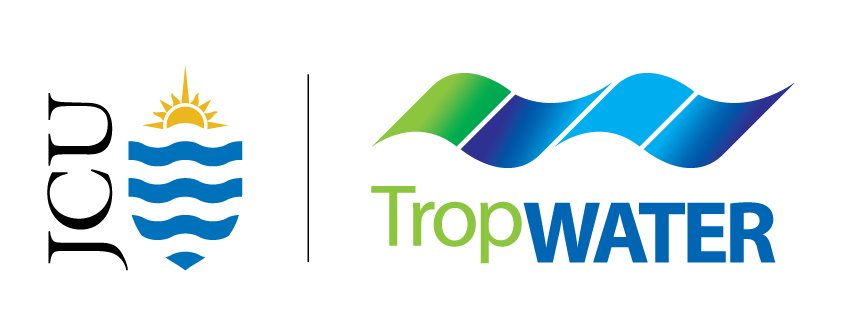Mangroves
Mangroves are crucial for coastal ecosystems, providing nursery habitats, protecting shorelines, and acting as significant carbon sinks.
Our projects focus on monitoring, assessing, and restoring mangrove ecosystems to address environmental changes and impacts. We provide expert advice, conduct detailed floristic surveys, and develop effective mitigation strategies to support conservation and sustainable management efforts.
We surveyed over 250 km of coastline with First Nations partners to assess the impact of flooding caused by Tropical Cyclone Jasper, one year after the flood event.
Assessing the impacts of flooding after Tropical Cyclone Jasper

Monitoring
We conduct large-scale shoreline surveys and monitoring of mangrove ecosystems to assess the impacts of sea level rise, extreme climate events, and human activities. These surveys provide crucial information to inform effective protection and restoration efforts for these habitats.
Regional-scale aerial surveys of mangroves across northern Australia

Monitoring
Projects

Adam Canning
Senior Research Officer

Gabriela Thompson-Saud
Research Officer

Norm Duke
Senior Research Scientist

Sigit Deni Sasmito
Senior Research Officer

Tertius de Kluyver
Adjunct Senior Research Fellow


